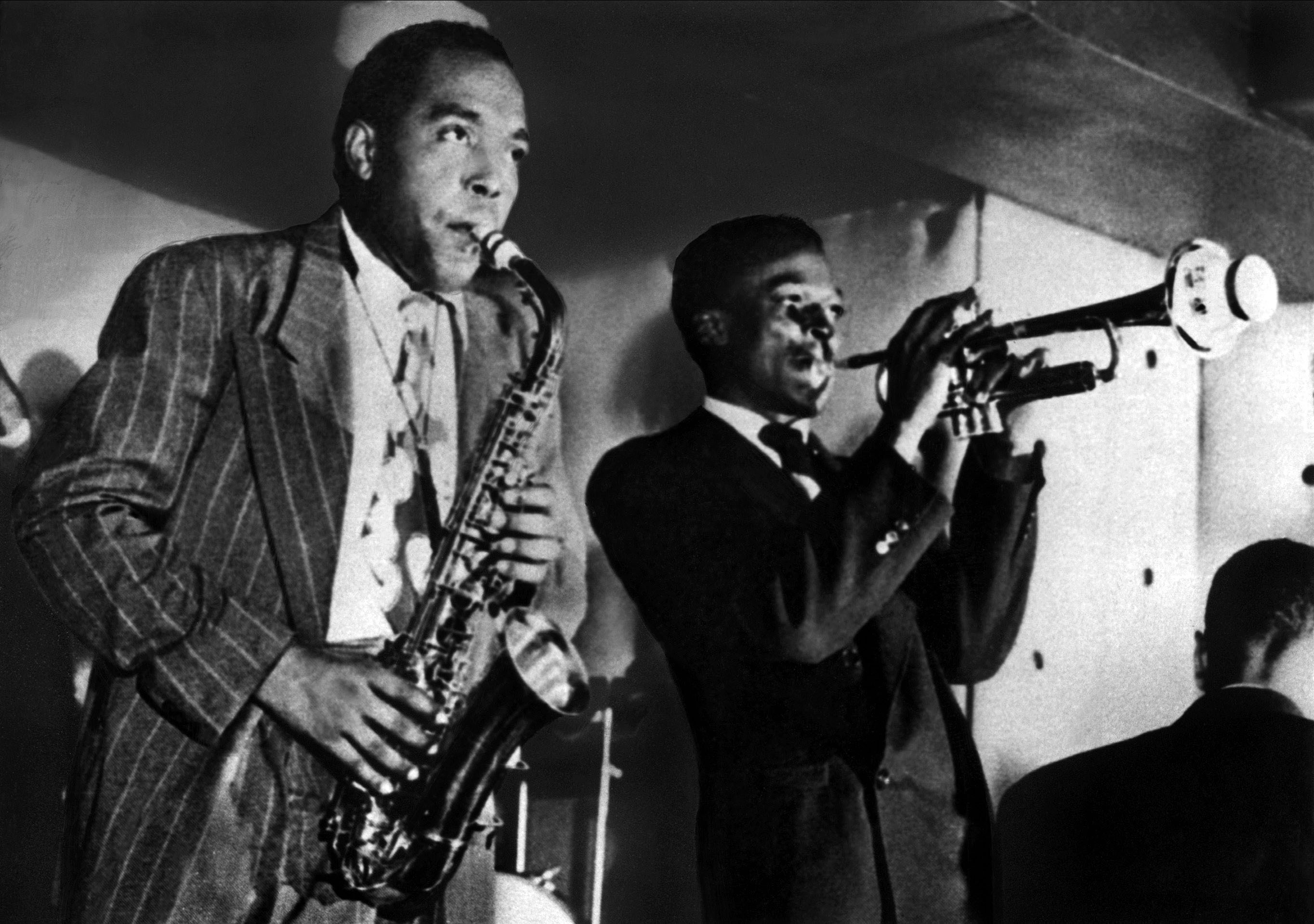Parker, Charlie (1920-1955), an alto saxophonist and composer, ranks among the most influential musicians in jazz history. Parker and trumpeter Dizzy Gillespie were responsible for the rise of bebop, a complex rhythmic, melodic, and harmonic form of jazz that developed in the 1940’s. His many recordings illustrate his amazing technique and the richness of his musical ideas. Several of his compositions, including “Ornithology” and “Confirmation,” became jazz standards.

Charles Christopher Parker, Jr., was born on Aug. 29, 1920, in Kansas City, Kansas. He was nicknamed “Bird” or “Yardbird.” Parker worked in the bands of Jay McShann, Earl Hines, and Billy Eckstine before forming his own combos in the 1940’s. The period from 1944 through 1953 contains the works of his mature style. Parker’s improvisations brought new life to a limited number of works that included 12-bar blues, popular songs, a few jazz standards, and compositions based on the harmonies of popular songs. From his youth, Parker was addicted to heroin. His addiction led to many physical and emotional ills during his last years. He died on March 12, 1955.
Many musicians have learned their craft by imitating Parker’s music. A number of the musicians he worked with also influenced the development of jazz. These people include Gillespie, Thelonious Monk, Miles Davis, and Max Roach.
